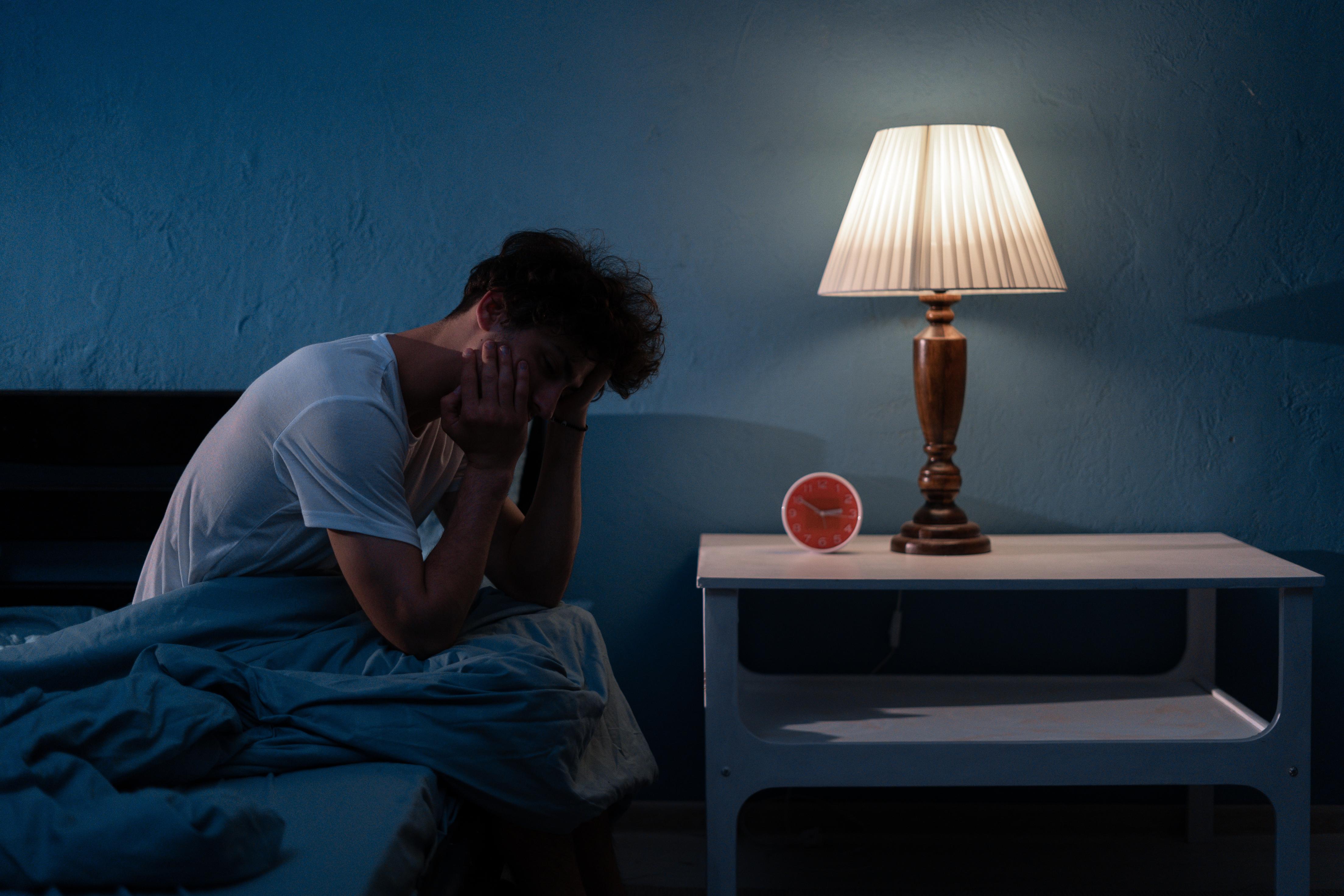Sleep is crucial when sick, but it can be challenging to achieve restful sleep due to symptoms like congestion and sore throat. Research suggests that sleep, particularly its deepest stages, is vital for immunity. The amount of sleep needed can vary when ill, and it’s essential to listen to one’s body. If sleep issues persist post-recovery, consulting a healthcare professional is advisable. Strategies like resting in a dark, quiet room, staying hydrated, and avoiding certain medications can optimize sleep during illness.
Key Points:
- Increased Sleep Needs When Sick: Illness can lead to a heightened need for sleep due to the body’s immune response and the release of cytokines, which are chemical signals that make you feel sleepy.
- Challenges in Achieving Restful Sleep: Common symptoms like a stuffy nose and sore throat can disrupt sleep, often leading to missed deep sleep stages crucial for healing.
- Listening to Your Body: It’s important to heed the body’s signals for rest and sleep, especially when sick. The typical 7-9 hours of sleep may fluctuate during illness, and it’s crucial to allow the body the rest it needs for recovery.
- Alternatives to Sleep – Quiet Wakefulness: If one cannot sleep, practicing quiet wakefulness — a restful state with eyes closed — can be beneficial. It activates the parasympathetic nervous system, aiding in relaxation and recovery.
- Optimizing Sleep Environment and Habits: To improve sleep quality while sick, it’s recommended to sleep in a dark, quiet room, use a humidifier to alleviate sinus issues, avoid cold medications that disrupt sleep, and take short naps without affecting nighttime sleep.
Source: https://www.inverse.com/health/sick-cold-flu-rest-how-much-sleep-science






